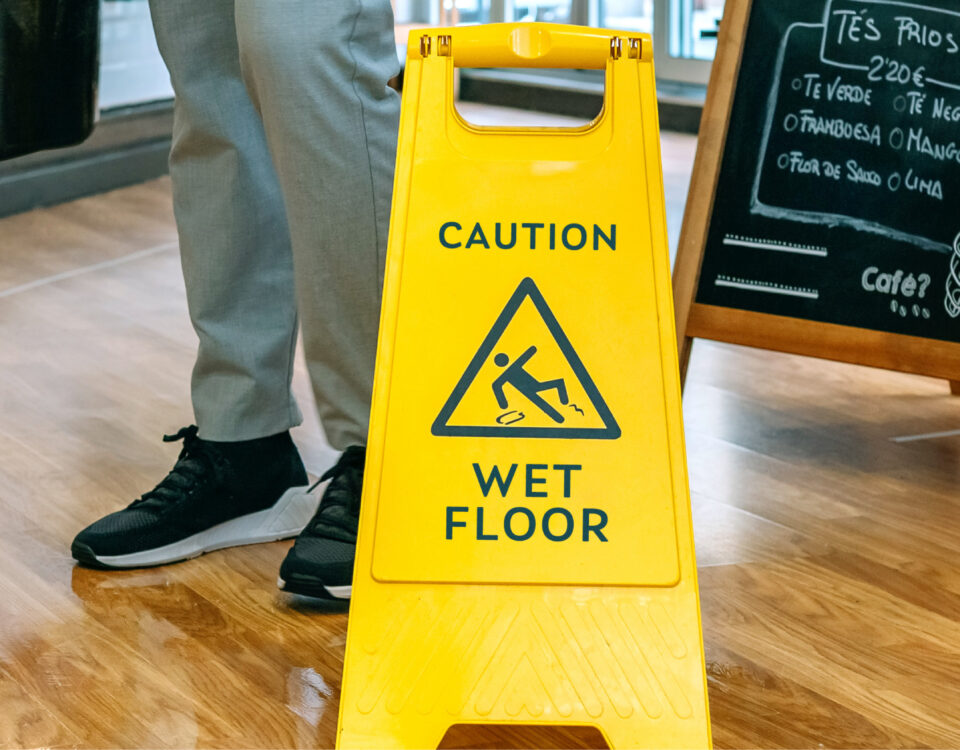Respondeat superior in premises liability cases
Most hold two common assumptions regarding the matter of liability: that property owners are responsible for what happens on their properties, and that individuals are responsible for their own actions. Yet what about when the two concepts merge? If you are injured by a person whose is an employee or agent of the owner of the property in Missoula the incident occurred on, who then would be responsible? Many have come to us here at Terrazas Henkel PC with this very question. Unfortunately, there may not be an easy answer to it.
A legal principle exists known as “respondeat superior.” Directly translated from Latin, this means “let the master answer.” According to the Cornell Law School, respondeat superior holds employers liable for the action of their employees. However, said actions must be considered to be within the scope of an employee’s job functions in order to apply this principle to your case. A good example to help demonstrate this distinction might be the actions of a security guard. The nature of such a job might require confrontation, yet given that is what the employer is expecting, then it might be assumed that it is prepared to accept responsibility.
Say that a security guard is attempting to remove you from a location. Job protocols permit them to restrain you, yet in the course of doing so, you are injured. As they were acting within the scope of their employment, you could argue that the employer’s policy to allow you to be restrained caused your injury (and thus the employer would be liable). Yet if the security guard also physically assaulted you, then that may be viewed as them acting outside of their job functions.
More information on assigning liability can found by continuing to explore our site.



